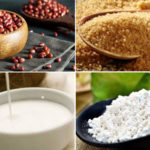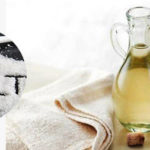Spices are the soul of a dish, but it’s essential to use the right amount and add them at the right stages of cooking to avoid any adverse effects or food poisoning. Do you know the best way to spice things up in the kitchen? Let’s find out with the following tips.
1 Fish Sauce
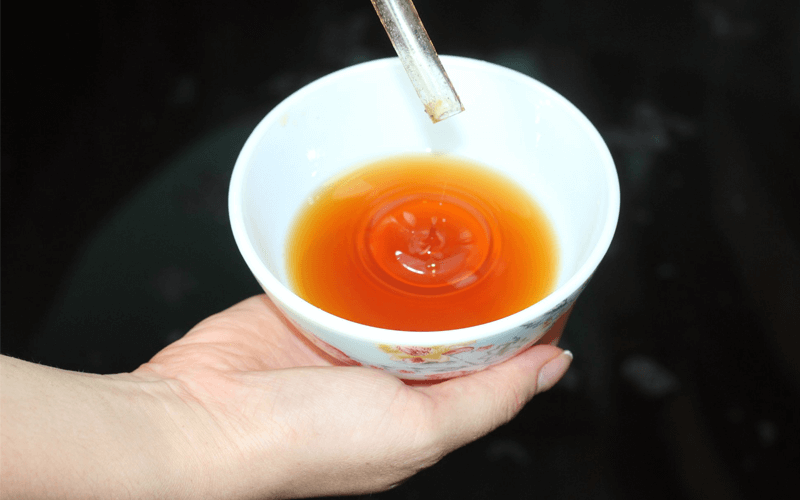 Using fish sauce to season
Using fish sauce to season
Fish sauce is a distinctive seasoning in Vietnamese cuisine. As you may know, fish sauce contains nutrients such as , , and . Therefore, you shouldn’t boil fish sauce for too long, as the vitamins will evaporate, reducing its nutritional value.
When using fish sauce for seasoning, keep the following in mind:
Marinating: When marinating meat, avoid using fish sauce, as it will make the meat tougher and drier than using salt or sugar. If you want to use fish sauce in your dish, wait until the meat or fish is almost cooked, then add the fish sauce and turn off the heat.
Soups, stews, or braised dishes: It’s best to add fish sauce towards the end of cooking, as boiling or simmering fish sauce for too long can reduce its nutritional content. Additionally, adding fish sauce too early to a soup can make it sour and lose its characteristic aroma.
2 Salt
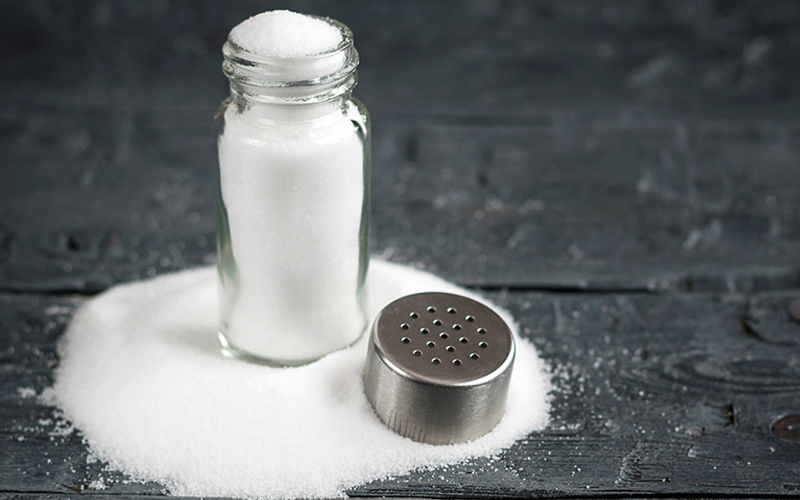 Using salt to season
Using salt to season
Salt is a fundamental seasoning in cooking, so you’ll likely use it in almost every dish. However, the way you use salt can vary greatly depending on the dish.
For soups: When making soup, cook the meat or fish until it releases its natural sweetness, making the soup more flavorful. Only then should you add salt, right as the soup starts to boil.
For stews and fried dishes: For these dishes, it’s best to marinate the ingredients with salt beforehand. This allows the food to absorb the salt and enhances the natural sweetness of the meat and fish.
For boiled dishes: When boiling food, add salt to the water just as it starts to boil, and then add your vegetables. This will help green vegetables retain their vibrant color and avoid looking unappetizing.
For stir-fried dishes: You can add salt for seasoning after stir-frying.
3 MSG
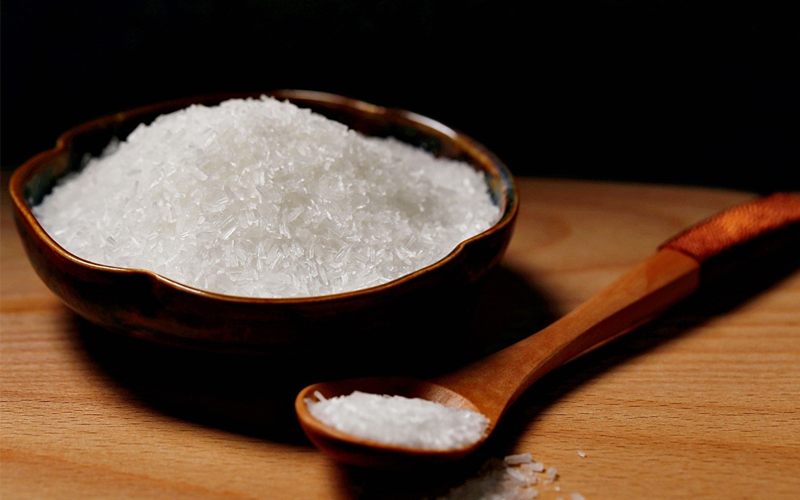 Using MSG for seasoning
Using MSG for seasoning
MSG, or monosodium glutamate, is a seasoning that enhances the flavor and depth of dishes. However, according to Chu Quoc Lap, a Master’s degree holder and former Deputy Director of the Food Safety Authority of the Ministry of Health, when MSG is continuously heated at high temperatures of 300°C for 2 hours, it can turn black and lose its flavor.
As a result, the natural nutrients in food, such as , , and others, can burn and change in quality, which is harmful to human health. The best time to add MSG to your cooking is right after turning off the heat.
Marinating: It’s best to avoid marinating ingredients with MSG before cooking. When exposed to high temperatures, MSG can become bitter and lose its flavor, and it may also be harmful to your health.
Salads and mixed dishes: If you want to use MSG in a salad or mixed dish, dissolve it in fish sauce and drizzle it over the dish before mixing.
Dishes with acidic ingredients: Avoid using MSG in dishes with acidic ingredients, as the high acid content can cause a change in MSG’s quality.
4 Sugar
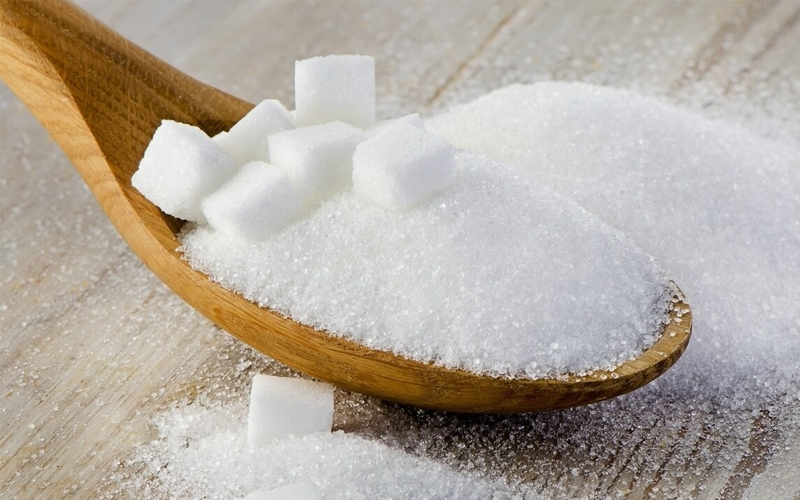 Using sugar for seasoning
Using sugar for seasoning
According to Master’s degree holder and medical doctor Ngo Thi Ha Phuong of the National Institute of Nutrition, sugar adds a sweet aftertaste to dishes and makes them more delicious. Sugar also provides energy, with 1 gram of sugar providing 4 kCal. However, excessive sugar consumption can lead to obesity, so it’s essential to use it in moderation.
Stewed dishes: Sugar will give a beautiful color to stewed fish and meat due to the reaction between sugar molecules and high temperatures, creating a caramelized color. Therefore, it’s best to marinate fish and meat with a small amount of sugar before cooking.
Grilled and fried dishes: Sugar-marinated grilled and fried dishes tend to burn easily. To avoid this, you can brush the food with towards the end of cooking or dip it in a sweet and sour fish sauce to ensure the dish remains tasty without burning.
5 Pepper
 Using pepper to season
Using pepper to season
When preparing certain stewed or fried dishes, some people have a habit of marinating them with pepper before cooking to enhance the dish’s appearance and aroma. However, pepper should also not be cooked at high temperatures, as it can produce harmful substances. It’s best to sprinkle pepper on the dish after it’s cooked to create a pleasant aroma.
6 Seasoning Powder
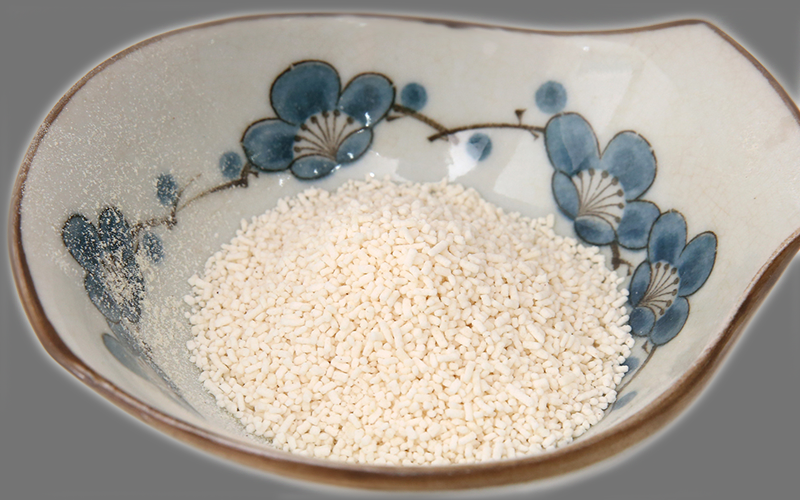 Using seasoning powder
Using seasoning powder
Seasoning powder also enhances the salty and sweet flavors of dishes. It takes longer to dissolve than other seasonings, so after seasoning, wait a moment for it to dissolve evenly before turning off the heat. Here are some additional tips:
For soups: It’s best to season the soup with powder as soon as the water boils, using medium heat, and add just enough to avoid oversalting.
For fish and meat stews: Choose a specialized seasoning powder for marinating fish and meat about 15-20 minutes before stewing. This will allow the flavors to penetrate the ingredients, making them much tastier.
For fried and stir-fried dishes: Marinate the ingredients beforehand to ensure the dish is flavorful and delicious.
To cook delicious dishes, spices are essential. However, it’s crucial to know when and how much to use them to ensure your meals are not only tasty but also healthy.


























